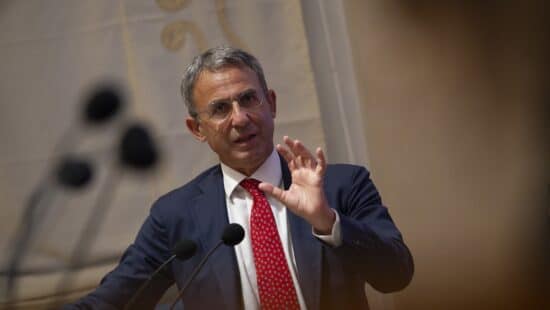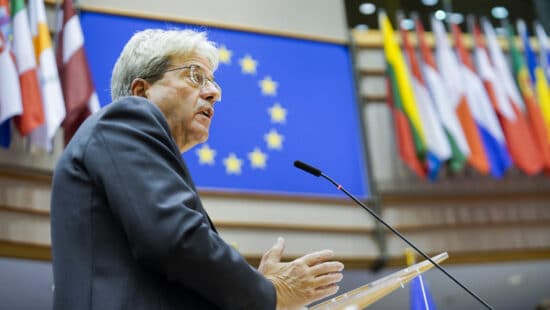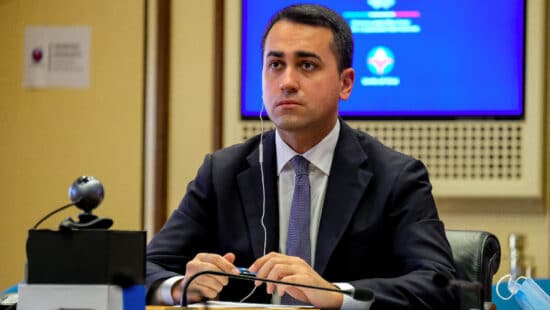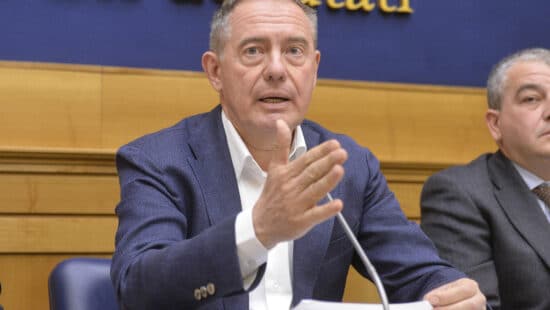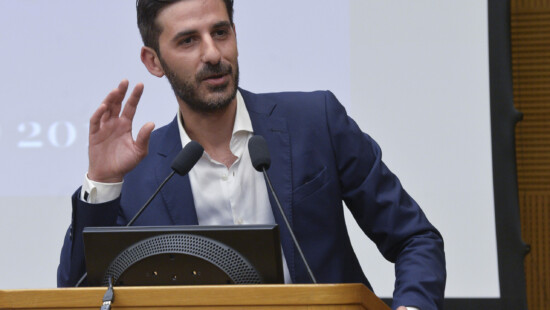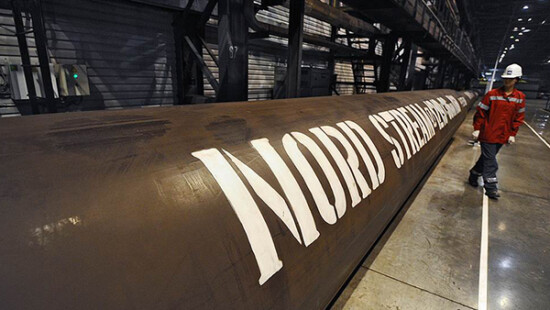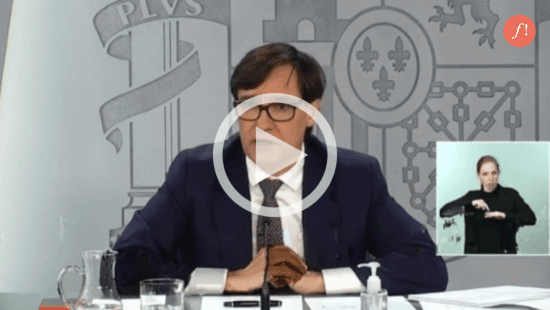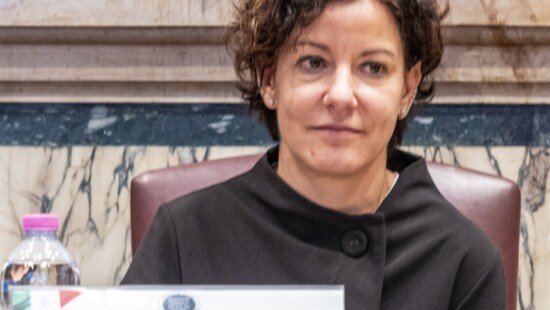Presentato in streaming il Rapporto sui Rifiuti Urbani 2020 firmato da Ispra. “L’Italia è pronta a fare il salto di qualità verso l’implementazione dell’economia circolare”, ha detto il ministro dell’Ambiente Sergio Costa. “La visione che stiamo costruendo con il Recovery Plan pone il settore ambiente come fattore trainante di tutta l’economia verso una completa transizione ecologica”
Archivi
Ha ragione Gentiloni, nell’Ue c’è un problema Italia. Parola di Polillo
È allarme rosso in quel di Bruxelles. Le principali cancellerie capiscono sempre meno la situazione politica italiana e pregano il commissario Gentiloni di farsi interprete di uno stato d’animo che mira a salvare un’Italia senza strategia. Ma solo per scongiurare un disastro maggiore
Via libera da Pechino. Di Maio annuncia il rientro dei marinai bloccati in Cina
Una lettera scritta cinque giorni fa dal ministro degli Esteri italiano arriva oggi ai media per raccontare come i marinai di due imbarcazioni fermate alla rada davanti a un porto cinese si è risolta: i marittimi italiani potranno tornare a casa e gli armatori hanno il via libera per sostituire gli equipaggi
#QuantiVaccini? Vi spiego l'iniziativa della Fond. Einaudi sulla trasparenza dei dati vaccinali
La Fondazione Luigi Einaudi ha inviato una lettera al governo il 28 dicembre e aspetterà ancora fino al 4 gennaio 2021 per chiedere l’accesso ai dati di vaccinazione relativi ai primi vaccini somministrati e ad altre notizie sulla distribuzione, sui costi, sulle categorie che hanno la precedenza. L’intervento dell’avvocato Andrea Pruiti Ciarello, Cda Fondazione Luigi Einaudi
Dati Nato a rischio? Ecco perché Urso (FdI) invoca il Golden power
Il senatore Adolfo Urso, vicepresidente del Copasir, chiede al governo di esercitare il Golden power sulla cessione da parte di GTT Communications della fibra ottica su cui passano anche i dati Nato
Manovra, Recovery Plan e banche. Parla Villarosa (M5S)
Intervista al sottosegretario al Tesoro: chi dice che questa manovra è acqua fresca si sbaglia di grosso, a gennaio arriveranno nuovi decreti a deficit. Gualtieri la smetta di tentennare nel chiedere nuovi scostamenti. Sul Recovery Plan qualcuno vuole fare il guastafeste, ma non ci riuscirà
Il vaccino della scienza e l’informazione necessaria. Parla Profumo (Acri)
Il vaccino contro il Covid-19 ha portato con sé, sin dall’inizio, un insieme di dubbi e polemiche circa la sua somministrazione. Francesco Profumo, presidente di Acri, ha sottolineato l’importanza di una campagna informativa che faccia leva “sulla responsabilità civica di ciascuno a vaccinarsi”
Nord Stream 2, ecco chi storce il naso per la ripresa dei lavori
Tubi poggiati nelle acque tedesche nonostante le sanzioni. La faida tra Mosca e Washington potrà segnare un punto di svolta il prossimo 20 gennaio, quando si insedierà il nuovo presidente Joe Biden?
In Spagna un registro di chi rifiuterà di vaccinarsi per il Covid. Il video
In Spagna un registro di chi rifiuterà di vaccinarsi per il Covid [embedyt] https://www.youtube.com/watch?v=PuzZcpkfVYA[/embedyt] Roma, 29 dic. (askanews) - La Spagna intende creare un registro di coloro che rifiuteranno di vaccinarsi contro il coronavirus, da condividere con gli altri paesi dell'Unione europea. Lo ha annunciato il ministro della Salute Salvador Illa, aggiungendo che l'elenco non sarà pubblico o accessibile ai…
Ict e strategie di business, binomio in evoluzione
L’importanza della digitalizzazione e dell’Ict, le tecnologie dell'informazione e della comunicazione, ha assunto estrema rilevanza in un anno segnato dalla pandemia. Lo dimostra anche l’ultimo report Istat su “Imprese e Ict nel 2020” che, come scritto in un articolo pubblicato online da Il Sole 24 Ore, attraverso l’integrazione di diverse fonti statistiche, per la prima volta ha analizzato in profondità…




